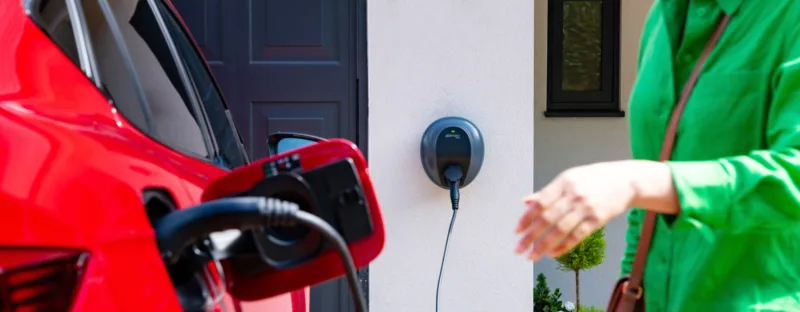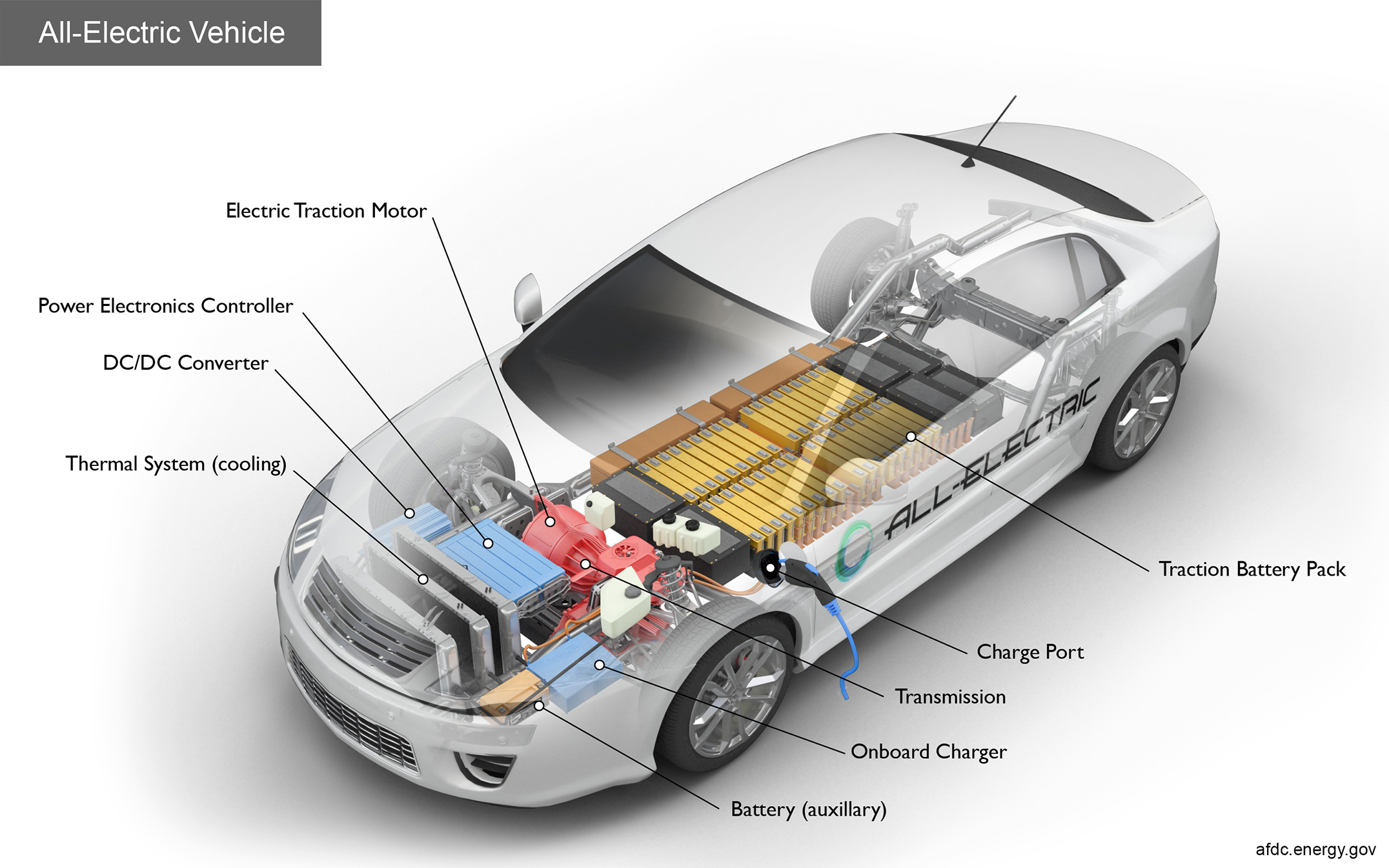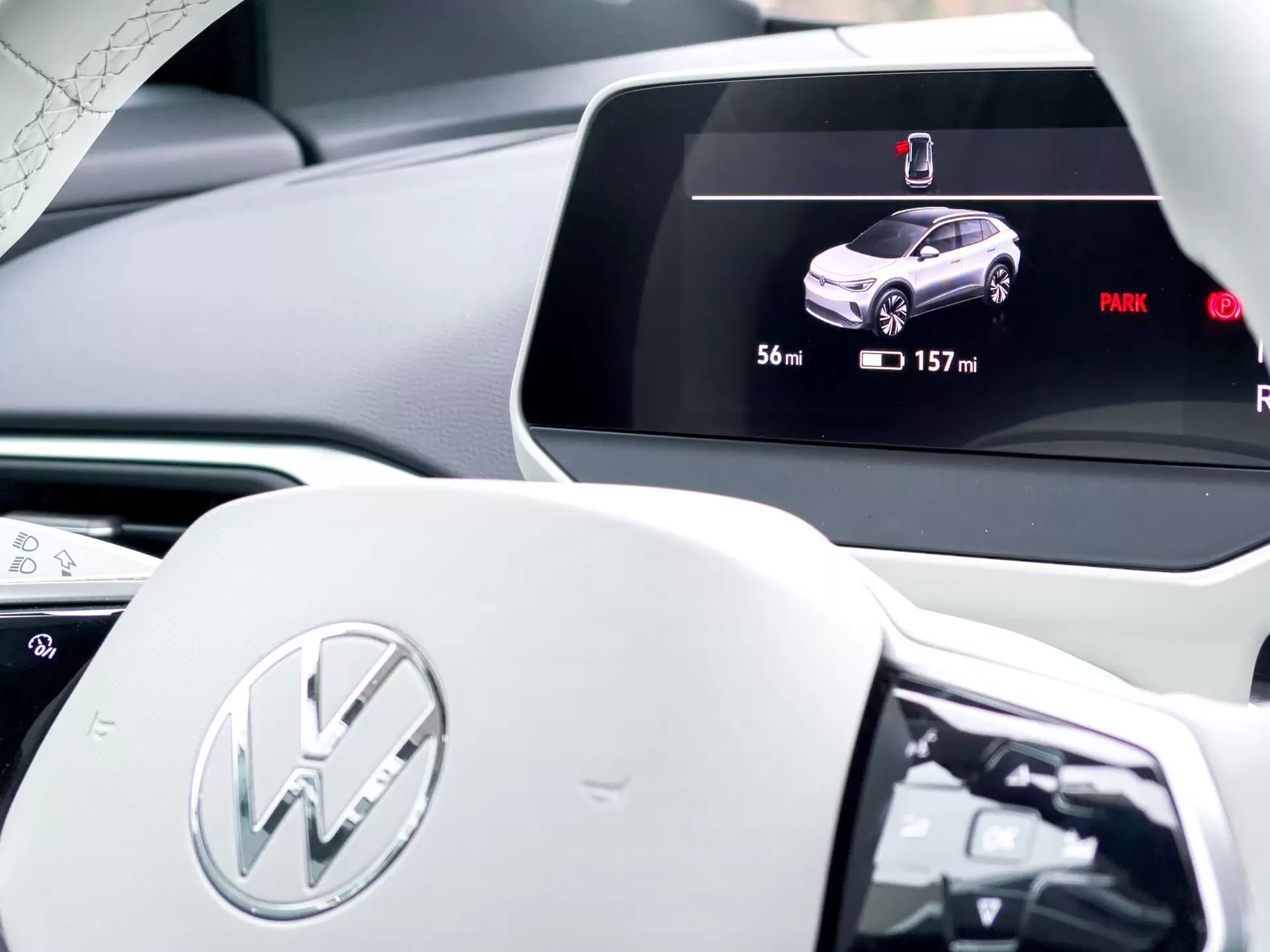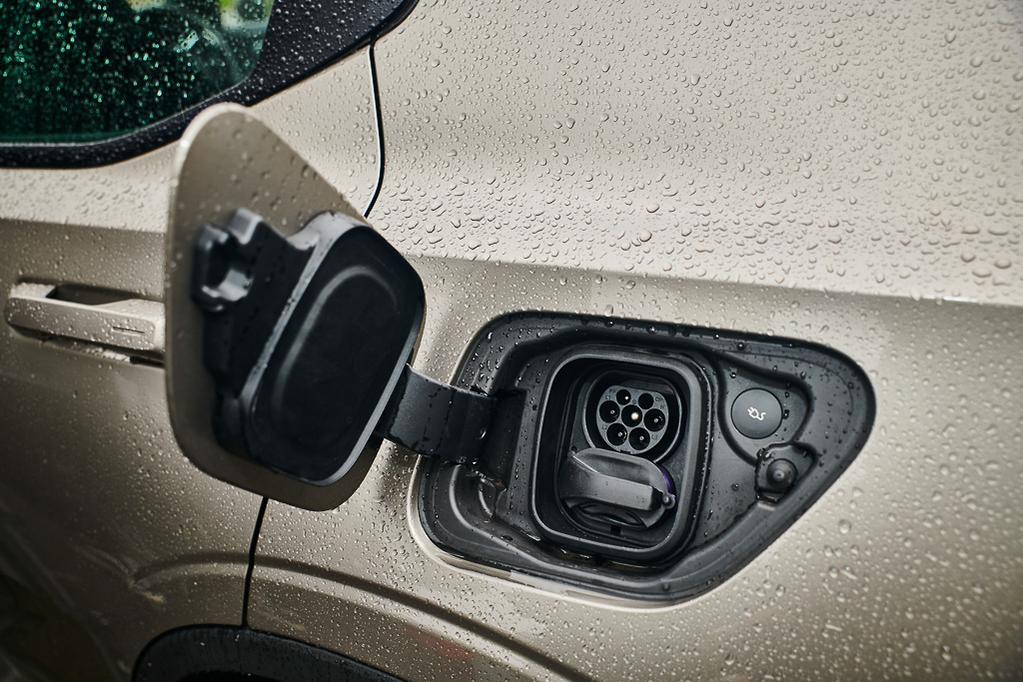How Long Does It Take to Charge an Electric Car?
How long does it take to charge an electric car? This is probably one of the most common questions on the topic of EVs today. The truth is, there’s no single answer as charging times depend on a variety of factors.
With EVs exploding in popularity across Australia and the rise of public charging availability in carparks and apartment blocks, many have already made the switch, and others are starting to contemplate trading in their internal combustion engine vehicles (ICEVs) for more environmentally friendly EVs.
For this reason, it’s important that both current EV owners and first-time buyers understand the nuances involved with EV charging. In this blog, we will cover how long it takes to charge an electric car, the different charging levels, and some tips for efficient charging.

Factors Influencing EV Charging Time
When it comes to how long it takes to charge an electric car, the answer typically depends on a mix of technical and practical factors. Let’s get into it.
Battery Size and State of Charge
The first thing to factor in is the vehicle’s battery. Not all EVs come with the same battery, and some have a larger battery capacity than others. The general rule is that a larger battery capacity translates to longer charging times.
Battery capacity is typically measured in kilowatt-hours (kWh), and information regarding your EV’s battery capacity can be found in the driver’s manual. The second factor is the current state of charge. Naturally, it will take longer to charge from empty than it would from 50%.
Charging Equipment and Power Output
There are also different charger types (more on that later), with each having its own power outputs. The power outputs will influence the charging duration heavily. DC fast chargers are the fastest, hence the name, while Level 1 chargers are the slowest charging method.
Vehicle's Onboard Charger Limitations
All EVs have a maximum charging capacity integrated into their hardware. Your EV will have its own charging capacity, which affects how much charge it can take and at what rate. For example, if an EV’s maximum charge rate is 7kW, a 22kW charge point will still only charge your vehicle at 7kW max.
The onboard charging capacities can vary greatly, ranging anywhere from 3.7 kW in older models to over 350 kW in newer, high-end models.

Understanding EV Charging Levels
Level 1 Charging (Standard Household Outlet)
Level 1 charging can be done at home using a standard 240V outlet, the same outlets you use for household appliances. This charging method is slower, rated at 3.7kW and would take around 16 hours, adding about 10 km of range per hour.
Level 2 Charging (Dedicated Home or Public Chargers)
Level 2 charging can be found at either a public charging station or at home with an EV charger setup. These chargers range from 7kW to 22kW and add approximately 30–100 km of range per hour, typically taking 6 – 8 hours (7kW) or as little as 1 – 2 hours (22kW).
It’s important to note that 22kW home chargers are more expensive and less common than 7kW chargers because they require three-phase power, which isn’t common in most households, meaning extra installation requirements are necessary. Most EV owners opt for 7kW home chargers and do most of their charging overnight.
Level 3 Charging (DC Fast Charging)
Level 3 charging, also known as DC Fast Charging, is the fastest charging solution available by far. However, these aren’t available for residential homes and can only be found at public charging stations.
These chargers can provide between 50kW and 350kW, generating 200-500km of range in just 20-60 minutes. As noted earlier, your EV’s onboard charging capacity will determine the rate at which your vehicle takes a charge. Fast charging also affects the battery’s degradation rate and should only be used occasionally, such as before a long road trip.
Typical Charging Times for Popular EV Models in Australia
Tesla Model Y
The Tesla Model Y has a 75kWh battery and 480 km range. The Model Y’s charging times are as follows:
- Level 1: ~24 hours
- Level 2: ~11 hours
- DC Fast Charging: ~40 minutes to 80%
BYD Atto 3
The BYD Atto 3’s slightly smaller 50kWh battery and slightly shorter 420 km range give it impressive charging times:
- Level 1: ~17 hours
- Level 2: ~8.5 hours
- DC Fast Charging: ~35 minutes to 80%
MG4
The MG4 has a 72kWh battery and 440 km range. Although similar in battery capacity to the Tesla Model Y, the MG4’s onboard AC charging hardware is better tuned to low-power inputs. Its charging time looks like this:
- Level 1: ~12 hours
- Level 2: ~7 hours
- DC Fast Charging: ~38 minutes to 80%

Tips for Efficient and Safe EV Charging
Once you understand how long it takes to charge an electric car, the next step is making the process as efficient, cost-effective and safe as possible. Here are a few ways to get the most from every charging session.
Regularly Monitor Charging Sessions
You should continuously check to see if your EV is charging properly. This means making sure it is getting the correct charging output and that the estimated charging time matches up.
Modern EVs will automatically stop charging when full, so overcharging is not really an issue. However, you should still remove the charger once your vehicle is full to avoid wasting electricity.
Utilise Off-Peak Electricity Rates
The best way to save is to charge during off-peak hours. This will drastically cut electricity costs and save you money over time. Both home charging and public charging stations have off-peak times to take advantage of.
Maintain Charging Equipment
Of course, maintenance is key. If you have a home EV charger, you should regularly inspect and maintain your charging equipment. This means your charging cables, connectors, and the vehicle’s charging port. Try not to charge in the open during periods of intense heat or downpour.
Ready to Make the Switch? Explore Our EV Chargers Today
Now that you know how long an electric car charge takes, it might be time to consider getting your own EV charger. revcharge has EV chargers from the best brands in the business, including Tesla, Ohme, Wallbox and more.
We offer a complete top-down service that includes home installation from one of our licensed technicians. Shop our range of top EV chargers today and contact us when you’re ready to get started.




.webp)


